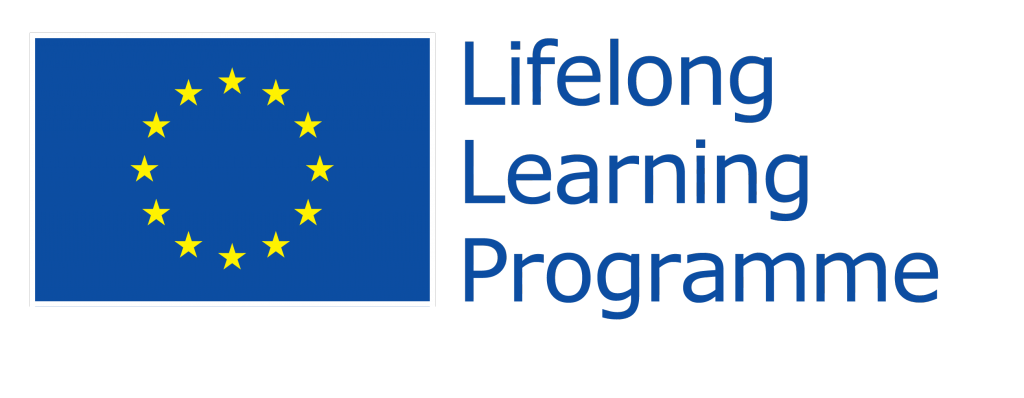Certification & Academic Standards
All participants who have successfully taken part at a summer school receive a certificate for international mobility. The higher education institutions that host the summer schools generally award 6 ECTS points for the attendance of an ECADOC Summer School at the level of doctoral studies (EQF Level 8). Of course, the higher education institutions where doctoral researchers are conducting their doctoral research remain in charge of deciding, whether to count these ECTS points towards the mandatory learning activities of their doctoral candidates in line with their institutional policies.
The ECADOC summer schools have been conceived to promote competences in line with the European Competence Standards for the Academic Training of Career Practitioners (www.nice-network.eu), specifically the generic professional competences of Career Specialists at the doctoral level (EQF Level 8), the competences to:
- Provide academic training and supervision to career practitioners,
- Conduct and disseminate research and develop fundamental theories, and
- Promote specialised research and training in career guidance and counselling.
Our ECTS recommendations are based on the estimated student worktime in hours, which is dedicated to learning activities related to the summer school (see following page), with 1 ECTS corresponding to 25 hours of work.
Learning Outcomes, Assessment and Calculation of Estimated Student Worktime per Module
(see note)
| Learning Outcomes | Educational Activities | Assessment | Estimated Student Work Time (h) |
| Self-presentation and reflection as a researcher in the international and interdisciplinary field of career guidance and counselling (CGC) | Preparation of an abstract on personal PhD research topic in English, a CV in English, and preparation of a personal profile for the ECADOC website. | Review of the application materials through three professors and the program manager. | 25 |
| Academic communication competences for interdisciplinary, international audiences | Preparation of a poster presentation of personal PhD project (DIN à 1) for exhibition during summer school. Preparation of a presentation of a PhD-related research challenges for discussion with peers during collective academic supervision (CAS) activities, drawing on CAS guidelines. | Poster presentation and exhibition at summer school. Presentation and participation in CAS at summer school. | 50 |
| Expansion of knowledge on qualitative and quantitative research methods related to CGC, as well as competences for supervision, leadership and education in CGC | Pre-summer-school reading, participation in qualitative and quantitative workshops with diverse practical exercises and discussions; participation in workshops for the advancement of leadership, supervision and teaching competences. | Active participation in discussions and exercises, supervised by ECADOC professors from across Europe. | 50 |
| Expansion of theoretical knowledge of CGC domain, cutting across disciplines, and building of connections with researchers across Europe | Participation in theoretical discussions around keynote lectures (with sociological, psychological, ethical, political, and educational perspectives); participation in community-building and group-dynamic activities, and networking activities. | Active participation in activities and discussions, moderated by ECADOC’s scientific committee. | 25 |
Note: The concrete curriculum of each summer school must be adapted each year to suit these learning outcomes.
Disclaimer
The ECADOC project was co-funded by the European Commission under the Lifelong Learning Programme from October 2013 to November 2016 (Project No. 539608-LLP-1-2013-1-IT-ERASMUS-EQR). The European Commission’s support for the ECADOC project does not constitute an endorsement of its achievements, contents, or professed opinions. These reflect the views of the project partners only, and the Commission cannot be held responsible for any use of these products.

